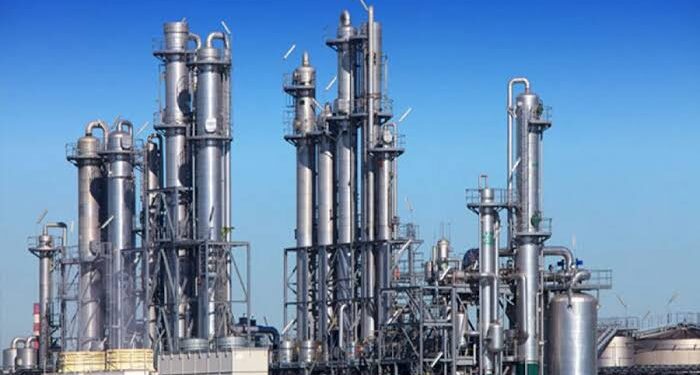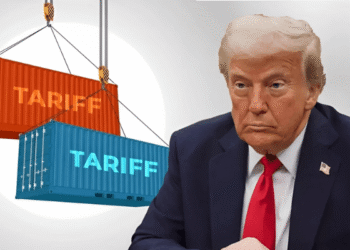The much-hyped naira-for-crude arrangement introduced by the Nigerian government is turning into a spectacle of unfulfilled promises and mounting frustrations for local refiners, especially the Dangote Refinery. Despite being the crown jewel of Nigeria’s refining dreams, Dangote Refinery, built to process 650,000 barrels per day (bpd), is running on fumes due to inadequate crude oil supply.
Edwin Devakumar, Vice President of Dangote Industries Limited, was very serious when he called out the Nigerian National Petroleum Company Limited (NNPCL) for failing to deliver on their promises. “We need 650,000 barrels per day; NNPCL agreed to give a minimum of 385,000 bpd, but they are not even delivering that,” Devakumar told Reuters on Friday. And what has been delivered? “Peanuts,” he scoffed.
For context, the federal government, in an attempt to address Nigeria’s foreign currency challenges, began selling crude oil to local refineries in naira on October 1. The policy was meant to revolutionize local refining and ease access to crude, but instead, it has exposed glaring inefficiencies. Dangote Refinery received just four cargoes under the naira-for-crude deal, forcing the facility to seek crude from international markets, including the United States.

To make matters worse, Dangote isn’t alone in this ordeal. Mathins Obaze, Acting Executive Director of the Crude Oil Refinery-Owners Association of Nigeria (CORAN), revealed that none of the other seven operational refineries in the country have benefited from the naira-denominated arrangement. “Members are still unable to access crude in naira and are currently engaging the government for a resolution,” Obaze stated.
So, what’s causing this crude supply crisis? The reasons are as shallow as the government’s promises. The NNPCL, as usual, has remained tight-lipped, while the Nigerian Upstream Petroleum Regulatory Commission (NUPRC) has added to the confusion. Dangote Refinery had earlier accused NUPRC of failing to enforce the Domestic Crude Supply Obligation (DCSO), a rule that compels oil producers to supply local refiners.
In response to these allegations, the NUPRC claimed that some oil producers face operational challenges and others are tied to contracts with international traders who financed their drilling operations. Forcing producers to redirect supply, NUPRC argued, would violate these contracts. But who bears the brunt of this bureaucratic back-and-forth? Nigerian refineries and by extension, the citizens who were promised cheaper fuel and a stronger economy.
The irony is rich. While local refiners are struggling for crude, the NNPCL is busy shopping for foreign markets. Just this week, the company purchased two million barrels of U.S. WTI Midland crude, the first since August, and is aggressively marketing its new Utapate crude oil grade in London.
Dangote Refinery, which currently operates at 425,000 bpd capacity with hopes of reaching 85% operational capacity by year’s end, continues to incur additional costs. According to Anthony Chiejina, a spokesperson for Dangote Refinery, they often end up purchasing the same Nigerian crude from international traders at an extra $3–$4 per barrel. “This translates to $3–$4 million per cargo,” Chiejina noted in frustration.
For a facility built to rival European refiners and save Nigeria billions in importation costs, this is nothing short of a national embarrassment. The naira-for-crude initiative, touted as a solution to Nigeria’s forex woes, is another added issue in the country’s long history of poorly executed policies.

















